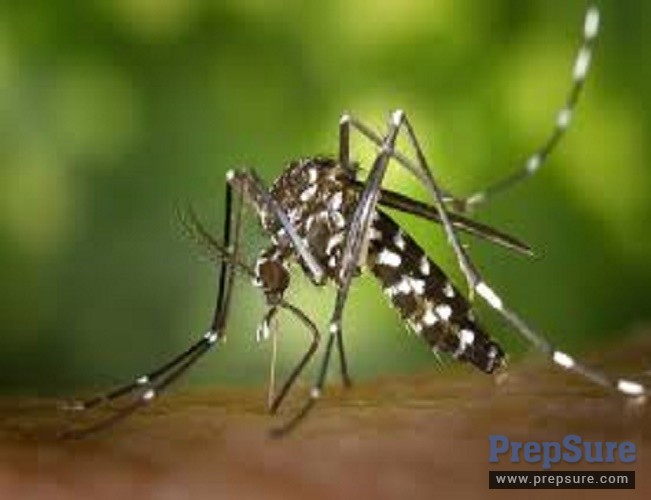-
Tips for becoming a good boxer - November 6, 2020
-
7 expert tips for making your hens night a memorable one - November 6, 2020
-
5 reasons to host your Christmas party on a cruise boat - November 6, 2020
-
What to do when you’re charged with a crime - November 6, 2020
-
Should you get one or multiple dogs? Here’s all you need to know - November 3, 2020
-
A Guide: How to Build Your Very Own Magic Mirror - February 14, 2019
-
Our Top Inspirational Baseball Stars - November 24, 2018
-
Five Tech Tools That Will Help You Turn Your Blog into a Business - November 24, 2018
-
How to Indulge on Vacation without Expanding Your Waist - November 9, 2018
-
5 Strategies for Businesses to Appeal to Today’s Increasingly Mobile-Crazed Customers - November 9, 2018
First Dengue Vaccine Approved in Mexico
On December 9, 2015 French pharmaceutical company Sanofi announced that Mexico’s Federal Commission for the Protection against Sanitary Risks (COFEPRIS) approved the marketing of Dengvaxia (tetravalent dengue vaccine) in Mexico to prevent people from dengue.
Advertisement
The first commercial doses of the vaccine have already been produced and full scale production capacity will reach 100m doses a year, according to Sanofi.
Certain clinical tests were conducted on around 40,000 people from 15 countries and the tests have come up with the finding that Dengvaxia has the ability to immunize two-thirds of people aged nine years and older, rising to 93% for the more severe form of the disease, dengue hemorrhagic fever.
Dr. In-Kyu Yoon, director of the worldwide Dengue Vaccine Initiative, said the drug “may potentially have a significant public health impact”, but noted “we still don’t know how much Sanofi will charge”. Dengue affects more than 400 million across the globe every year and most importantly the urban areas in tropical and sub-tropical climates. In the last 50 years dengue has spread from being present in a handful of countries to being endemic in 128 countries, where about 4 billion people live, and dengue incidence has likewise increased 30-fold in this time period.
A Mexican health ministry official confirmed the world’s first dengue vaccine has won regulatory approval in the country.
According to a report from Bloomberg, quoting Olivie Charmeil of Sanofi, though Dengvaxia has gained clearance in Mexico, they are still expecting for more approvals in Latin America and Asia. As the Associated Press notes, this is “relatively low for a vaccine”, as those for measles and polio, for example, have effectiveness rates of more than 95 percent.
The company plans to achieve that goal with the vaccine it dubbed Dengvaxia.
It is not recommended for use in children under age 9 because it has reportedly been found to be less effective in that age group.
Sanofi spent more than .6 billion developing and creating its treatment, according to BBC News.
“The evidence from the vaccine trials is that it can prevent hospitalisation for about 80 percent of those who get vaccinated”, Cameron Simmons, professor of microbiology and immunology at the University of Melbourne, told Al Jazeera.
Advertisement
Mosquitoes transmit the dengue virus.





























